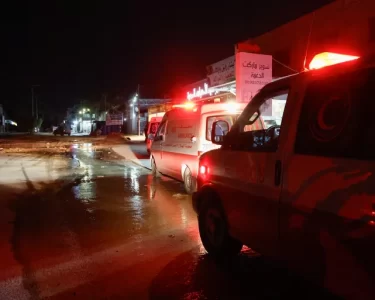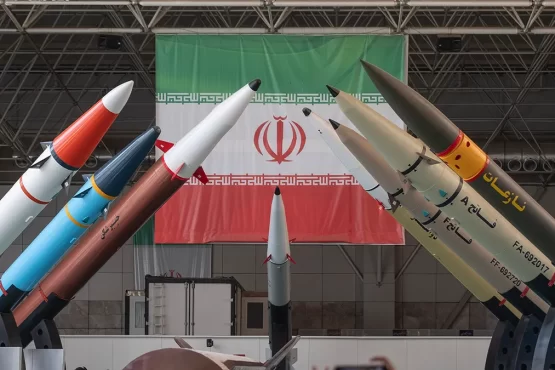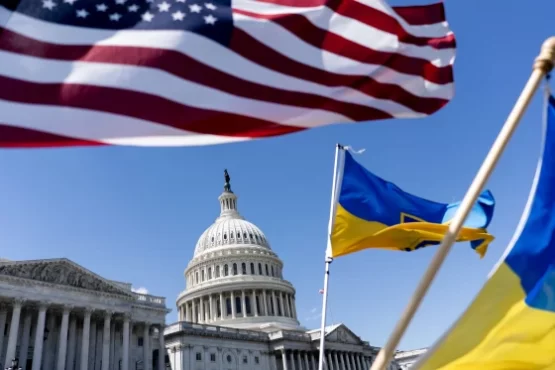Malawi’s main opposition party, the Democratic Progress Party (DPP), on Sunday endorsed former President Peter Mutharika as its candidate for the country’s 2025 presidential election.
Mutharika, 84, who served as Malawi’s president from 2014 to 2020, accepted the nomination at the party’s national convention in Blantyre, the country’s commercial capital. In his acceptance speech, he pledged to address Malawi’s economic challenges, including anemic growth and foreign currency shortages that have led to fuel and medicine scarcities.
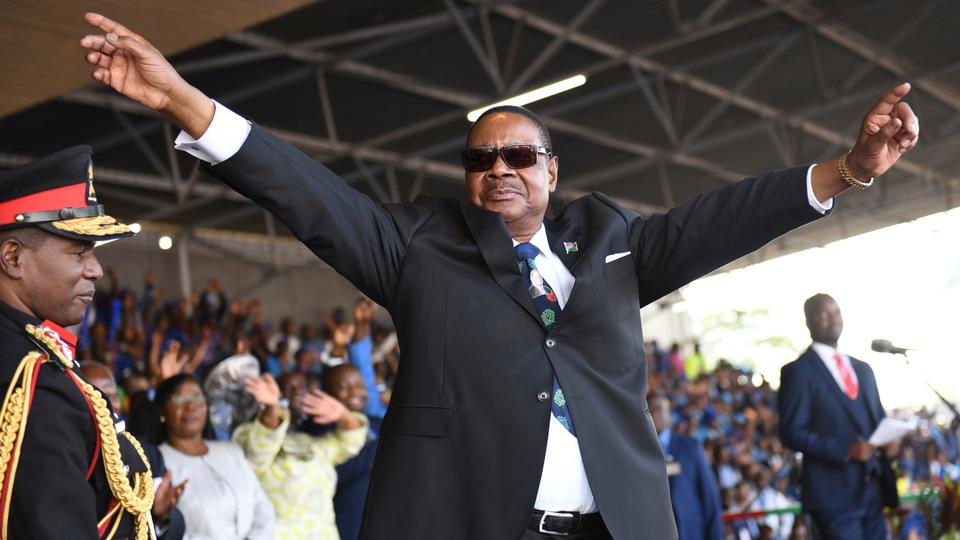
“We come from a background of winning from the opposition. We will do the same next year. We are coming to fix the economy,” Mutharika told party delegates.
The former president, a law professor by profession, will face incumbent President Lazarus Chakwera of the Malawi Congress Party in the election scheduled for September 16, 2025. Chakwera, 69, will be seeking a second term.
During his previous tenure, Mutharika oversaw infrastructure improvements and a slowdown in inflation. However, his administration faced accusations of corruption and cronyism, which he denies.
Mutharika’s opponent, President Chakwera, came to power in 2020 promising to tackle corruption and accelerate economic growth. Critics argue that Chakwera has fallen short of these promises, with Malawi’s economy remaining fragile.
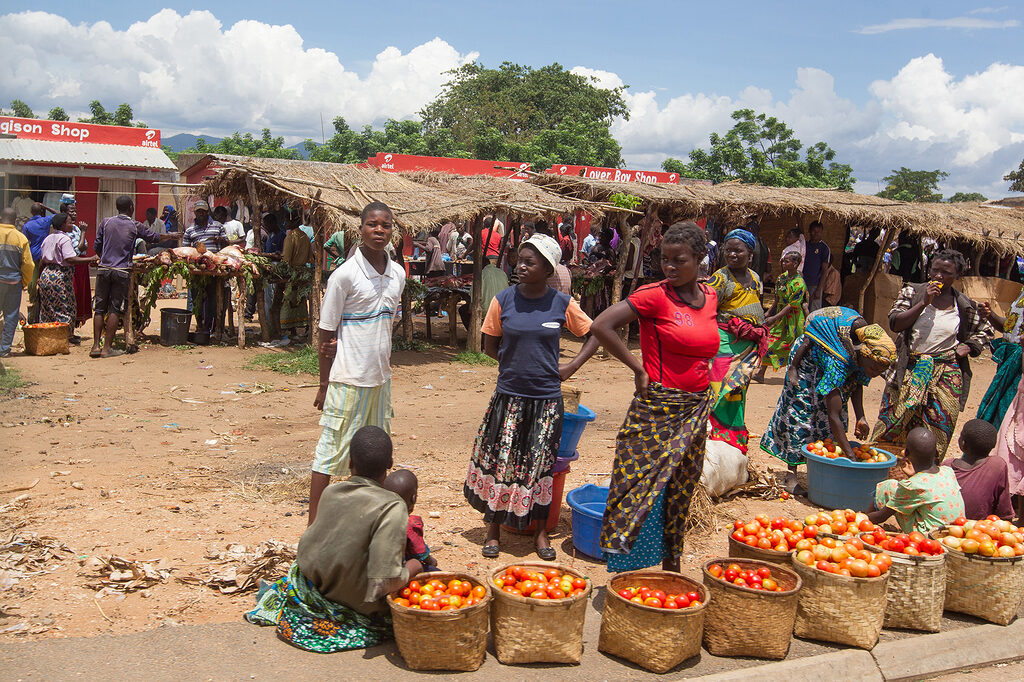
In a move that could significantly alter the political landscape, Mutharika announced his intention to form an opposition alliance including the United Transformation Movement (UTM). The UTM, founded by the late Vice President Saulos Chilima who died in a plane crash in June, was instrumental in Chakwera’s 2020 victory over Mutharika.
Following Chilima’s death, the UTM announced plans to withdraw from the ruling alliance. However, the party has not yet confirmed an alliance with Mutharika’s DPP. A UTM spokesperson did not respond to requests for comment on the potential coalition.
The proposed alliance, if realized, could dramatically reshape the 2025 electoral race. It would bring together two significant opposition forces against the incumbent Chakwera administration.
Malawi, a landlocked country in southeastern Africa, faces significant economic challenges. The next administration will need to address issues such as foreign currency shortages, fuel scarcity, and the need for sustainable economic growth.
As the campaign period approaches, both Mutharika and Chakwera are expected to intensify their efforts to win over Malawian voters. The outcome of this election could have far-reaching implications for Malawi’s economic and political future.
Reuters



